Summer is one of the biggest seasons for RV enthusiasts, but that means traveling during the intense summer heat. Since staying cool will be necessary for enjoying yourself while on your trip, you’ll likely be using your AC system quite liberally. However, running your RV air conditioner nonstop can lead to energy efficiency problems, which not only hurt your wallet but can also cause difficulties if you run out of power.
To ensure this doesn’t happen, this guide will walk you through expert tips that’ll help you maximize the energy efficiency of your RV’s air conditioner. It’s time to enjoy your vacation while staying cool and not overloading your AC unit.
Pre-Trip Maintenance
Before hitting the road, you’ll first want to take the time to prepare your RV’s air conditioning system. Proper pre-trip maintenance will help ensure that your unit runs efficiently and avoids unnecessary strain.
Cleaning Filters
Dirty filters can significantly reduce the performance of your RV’s air conditioner. They block airflow, forcing the unit to work harder, which increases energy consumption. Before your trip, take out the air filter and remove any dust and debris. You can rinse reusable filters with water and mild soap, while you’ll need to replace disposable ones.
Don’t stop thinking about your air filter after the trip begins, though. Checking it every couple of weeks during your travels is a smart way to make sure your air conditioner maintains its efficiency.
Checking Seals and Insulation
Air leaks in your RV drastically reduce cooling efficiency by allowing cool air to escape and warm air to seep in. Before you go, inspect your doors, windows, and vents for worn or damaged seals. If you find any issues, repair or replace them as soon as possible. Adding proper insulation to your RV will make a huge difference in maintaining the temperature inside your RV. This reduces the workload on your air conditioning unit and allows it to turn off more often.

On the Road Strategies
Once you’re on the road, energy efficiency becomes more about implementing smart strategies and habits. This section focuses on actionable tips you can utilize to get the most out of your RV air conditioner while minimizing unnecessary energy usage.
Parking in the Shade
One of the simplest yet most effective energy-saving strategies is parking your RV in shaded areas whenever possible. Direct sunlight can cause your RV’s interior temperature to climb rapidly, forcing your AC to run longer and harder to compensate for the heat. Look for campgrounds, rest stops, and parking spaces with ample tree coverage or shaded structures. If natural shade isn’t available, consider using RV awnings or sunshades to block the intense heat.
Using Fans for Better Air Circulation
Ceiling fans, portable fans, and even built-in vent fans can make a surprising difference in cooling efficiency. Fans complement your AC by circulating cool air more evenly throughout your RV, reducing hot spots and helping you feel cooler at lower AC settings. While fans use energy to operate, positioning them strategically near seating or sleeping areas will help you maximize their effectiveness. If possible, invest in energy-efficient fan models that don’t drain your RV battery.
Cooling Down Before Bedtime
Nighttime can be tricky because you often want your RV cool for comfortable sleep, but you don’t really want to run your AC all night. A smart trick is to pre-cool your RV before bedtime. Turn on the AC in the evening to lower the interior temperature and then switch to fans or natural ventilation for the rest of the night. Once outside temperatures drop, you can open windows and roof vents to allow cool air to circulate naturally.
Be Mindful of the Thermostat
Managing your thermostat settings is key to conserving energy. Set your AC thermostat to the highest temperature that still feels comfortable. Keeping it a few degrees higher than usual can significantly reduce your energy usage over extended trips. Additionally, you can install a programmable or smart thermostat that’ll automatically take care of temperature adjustments, preventing unnecessary cooling when you’re away from the RV.

Limit Heat-Generating Activities
While it makes sense, not many people think about the fact that cooking on a stove or using other heat-generating appliances can quickly raise your RV’s interior temperature, making your AC work harder. During the hotter days, opt for outdoor grilling or prepare no-cook meals to keep your living space cooler. If you need to use heat-producing appliances, do so in the early morning or late evening when the air outside is cooler. This will put less strain on your AC unit.
Optimize Window Coverings
Windows can be a major source of heat gain in your RV, especially during sunnier days. By installing blackout curtains, reflective window covers, or thermal blinds, you’ll be able to keep heat out and maintain a cooler interior for longer. If possible, try to use reflective materials, as these will direct sunlight away from your RV, reducing the temperature inside and easing the burden on your AC.
Take Advantage of Cooler Times
While summers are hot, Mother Nature can still provide her own energy-efficient cooling solution. Early mornings and evenings typically have lower outdoor temperatures, so you’ll want to take advantage of these times to ventilate your RV. Do this by opening windows and roof vents to allow cool, fresh air to circulate. Just remember to close them back up before it gets too hot outside.
Upgrading for Efficiency
While our main focus has been on providing practical energy-saving strategies that anyone can implement, we’d be doing you a great disservice to ignore the fact that upgrading your system can significantly impact your overall energy usage. So, let’s take a quick look at smart upgrades you can make to boost your AC unit’s performance.
Newer Air Conditioner Models
If your RV’s air conditioner is outdated, it’s likely wasting much more energy than it needs to keep your space cool. That’s why you should consider upgrading to a modern, energy-efficient model. Newer RV AC units are designed to operate more effectively while consuming less power. Look for options with high energy efficiency ratings (EER) to ensure maximum performance and energy savings.
Solar Panels for Supplemental Power
Outside of getting a new unit, installing solar panels provides your RV with an additional renewable energy source, saving you from running out of battery power when you need it most. The best part is solar power works particularly well during sunny days, which is when AC usage tends to be highest. Although the initial installation cost can be high, it pays off in the long run through reduced energy bills and increased self-sufficiency.


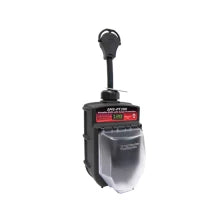
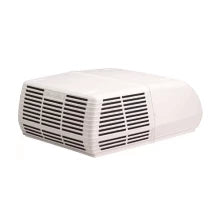
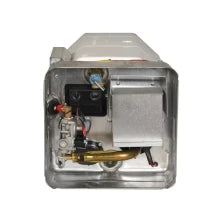
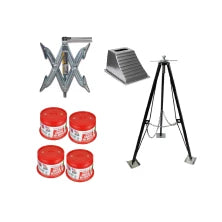
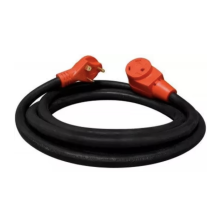
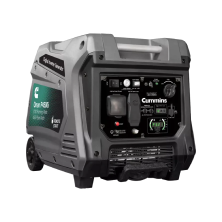

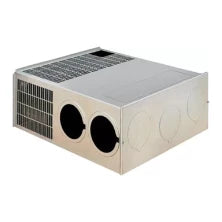
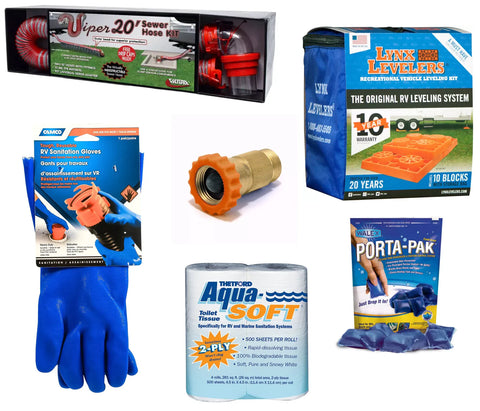
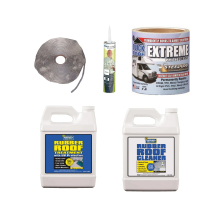
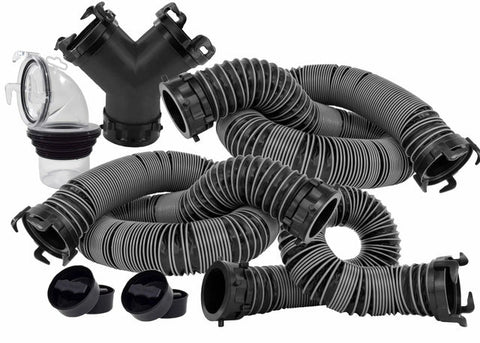
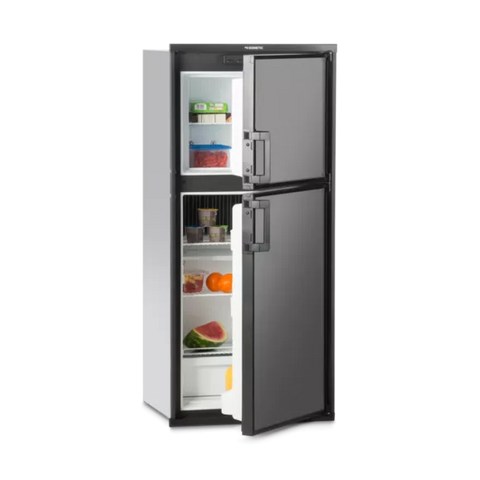
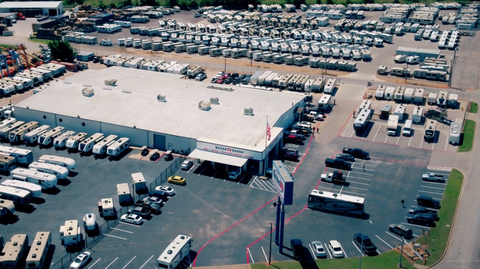
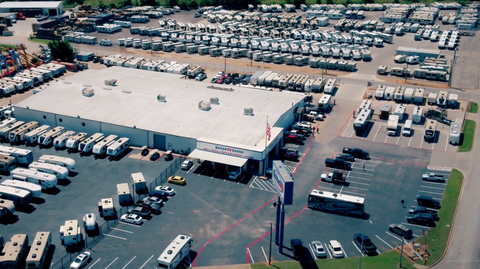
Comments (0)
There are no comments for this article. Be the first one to leave a message!